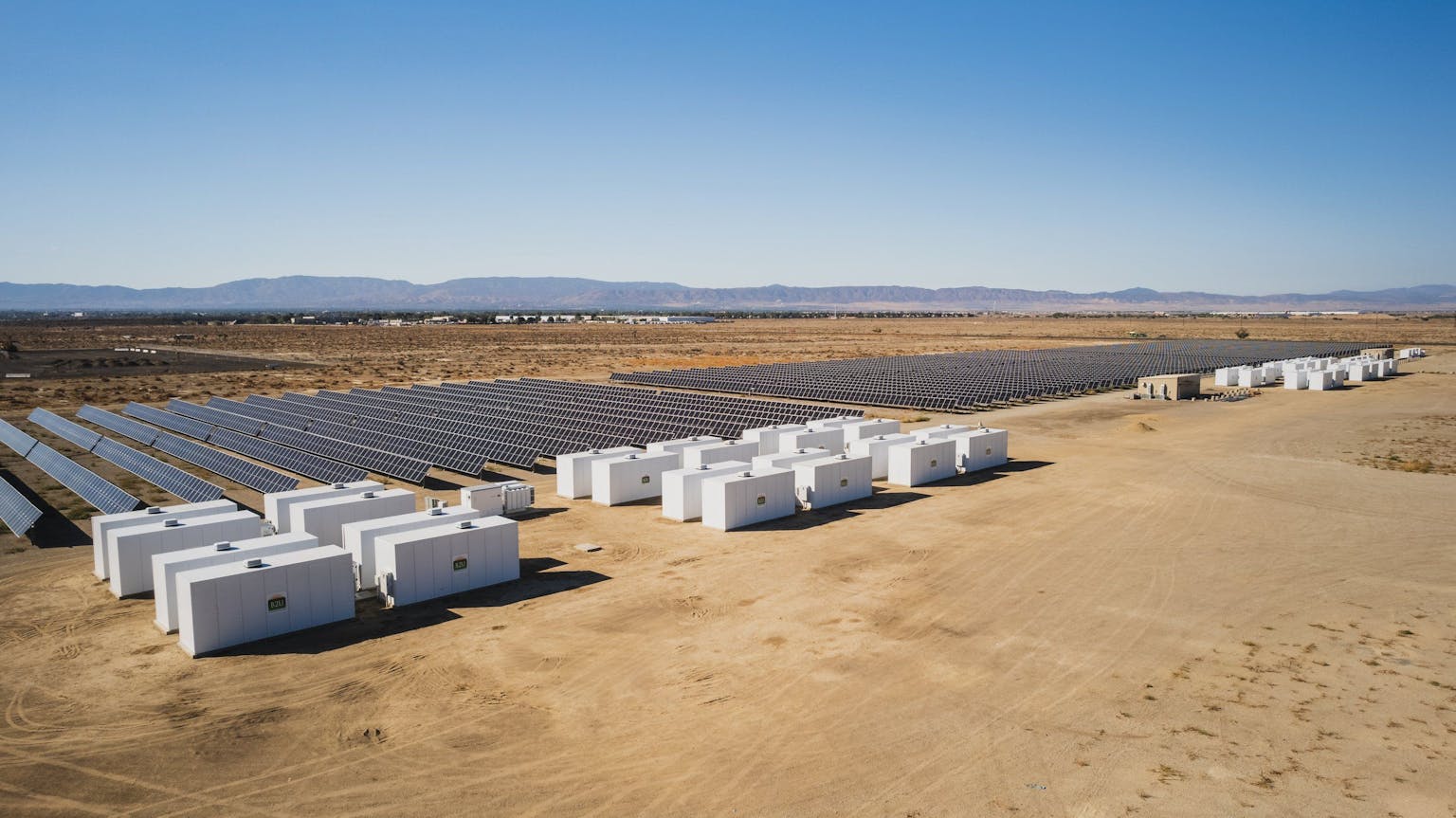December 2023
|Last updated:January 2024
Can electric vehicle batteries help power the grid?
With bi-directional charging creating more opportunities for EVs to be used outside of just transport, their purpose in enhancing green technology is becoming wider and even more impactful. Exciting advancements in V2G (Vehicle-to-Grid) technology mean EV batteries are set to contribute further to their mission to save the environment!
In this blog, we’re going to take a deeper look into how EV batteries can help power the grid - during, and after, their EV lifespan.
Let’s get plugged in…
How can EV batteries be used to help the grid?
At the moment, only some EVs are compatible with bi-directional charging (find out more in our bi-directional charging blog), but with that beginning to change, contributing to the grid as an EV owner will become easier and easier.
In the future, EV owners will be able to go home, plug their cars in and help power the grid during peak demand for electricity. Once you’re plugged in, an additional smart V2G device will monitor the EV during the evening/night, this means that the battery will be optimised for sending energy to the grid at peak times, all the while ensuring you’re charged up to drive to work the next day!
These smart V2G chargers will also help control sudden and unexpected changes in electricity supply or demand, balancing out the grid and possibly helping with the prevention of power outages.
Leiden Institute of Environmental Sciences (CML) in the Netherlands and the United States National Renewable Energy Laboratory have been researching further into V2G technology and their exciting prediction is that if even half of the EV community participates, the grid demand in those peak periods could be fully met and thus provided entirely through renewable energy!
What are the benefits of Vehicle to Grid technology?
There are many benefits of V2G - here are just a few:
Carbon emission prevention - with climate change on everyone's minds, this is an important one! Using our resources to the maximum and reusing sustainable energy sources will help prevent more unnecessary carbon from being released into the atmosphere.
Reduction in grid-operation costs - recycling energy prevents more unnecessary power production, overall reducing the cost of running the grid.
Powering your home during an electricity outage or emergency - so you'll never be in the dark.
Low participation rates still have high results - it only takes a minimal amount of EV owners to get involved to make a difference!
How can the lithium-ion battery be repurposed?
In recent news, it has been suggested that old EV batteries (with reduced capacity) will be able to be used for something other than the EV itself.
CML states that once a battery is reduced to 70 - 80% capacity, it won’t be efficient enough to run an EV anymore. The hope is, however, that by 2030, EV batteries will be used around the world for short-term electricity grid power and storage!
B2U (Battery 2nd Use) Storage Solutions’ aim has been repurposing used EV batteries in hope of achieving this. They've been taking old EV batteries and storing them in high-tech containers, in which they can generate power to send back to the grid when the demand is at its highest. B2U is also running tests to see if these batteries can work as additional grid storage, benefiting the energy storage market.
What are the benefits of reusing EV batteries in storage facilities?
Carbon emission prevention - similar to V2G, the storage facilities prevent more nonrenewable energy having to be produced by providing another grid energy source.
Reduction in grid-operation costs - this is also the same as V2G. With the additional power from the batteries and energy storage space, the grid won't need to work as hard thus reducing operational costs.
Repurposing batteries means less waste - it makes sense to use our resources to their maximum!
More grid storage space = more power - this one is as simple as it sounds. With more space to store power, comes more power!
The future of recycling EV batteries?
With thousands of EVs joining the road each year, utilising the full lifespan of their batteries is more essential than ever!
Further research into the extensive potential of EV batteries will help save money and power for both EV owners and the grid whilst, most importantly, preventing unnecessary waste and carbon production. Reusing EV batteries will aid the UK in moving towards net zero carbon production, ultimately hoping to phase out nonrenewable energy production.
Feeling enlightened or do you think something was missing? Let us know by sharing your feedback.
Interested in learning more? Head over to our Electroverse Community area for more electrifying content.



